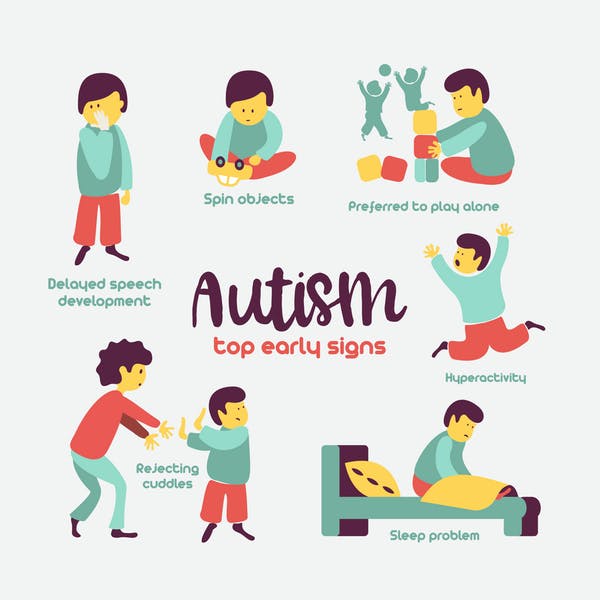As the saying goes, one size does not fit all. For some kids with disabilities, the typical public school model simply does not work.
It might be that class sizes are too large. There may be too many transitions. The child may need more, or less, structure. Or, the child’s disability may be too intense to reasonably manage in the mainstream, even with supports. For these kids, private schools may provide the answer.
Private school placements generally happen in two ways: Parents place their child in private school, or the public school offers a private school as the IEP placement. In the former situation, parents have the right under IDEA to sue their school district for tuition reimbursement. In the latter event, the public school usually recommends placement at an Approved Private School (APS), an independent school that is state-approved for tuition reimbursement.
Should You Agree to an APS Placement?
APSs are private special education schools that are licensed and approved for tuition reimbursement by the state. APSs are bound by special education laws and the cost of their tuition is shared between the state and the school district, making them attractive out-of-district placements to school districts.
However, not all APSs are created equal, so parents should research and visit any private school before agreeing to placement. Since many of these schools admit only students with certain disabilities, they may not be optimal for kids who need exposure to nondisabled peers. Some APSs focus more on functional skills and less on academics. Some APS student populations may have serious behavioral issues.
On the other hand, class sizes tend to be smaller, with a lower student/teacher ratio. Teachers must be certificated under IDEA and state standards. Some APSs offer partial hospitalization programs during the school day, so their students receive instruction as well as mental health and substance abuse supports. Some APSs offer residential as well as day placement.
Tuition Reimbursement
If you choose a different private school than the school district selects, are you entitled to tuition reimbursement? Maybe, but don’t jump the gun. Before you reject a placement your school district offers — whether in or out of district — talk to your special education department about your concerns.
With each year, many school districts are getting better at meeting the needs of kids with disabilities, and many public schools have more resources than most private schools. Give your school district a chance to work with you to find a mutually agreeable program and placement. Remember that your child is entitled to a Free Appropriate Public Education (FAPE), and what is appropriate for your child is not always what is the very best for your child.
If, however, communication does not resolve your concerns, you may be entitled to tuition reimbursement. But you remove your child from public school at your own risk. Tuition reimbursement is available only if 1) the school district’s IEP does not offer FAPE, and 2) the private school is appropriate to meet the child’s needs.
Was FAPE Offered?
Just as there is no IEP cookie cutter, there is no bright line definition of free appropriate public education. FAPE is a slippery and subjective concept. The key is that it must be individualized and offer the child the opportunity to make meaningful (but not necessarily optimal) educational progress.
To that end, school districts must conduct regular educational evaluations in all areas of your child’s particular disabilities and identify your child’s unique needs. These needs must be addressed in your child’s IEP through specifically tailored goals, related services and specially designed instruction.
What Makes a Private School Appropriate?
Not every private school is equipped to meet every disabled child’s needs. While some market themselves as specializing in certain disabilities, private schools are not required to follow the IDEA.
This means that students are not guaranteed the same educational protections they would enjoy in public school. It also means private school teachers are not held to the same qualifications or training standards as public school teachers. However, tuition reimbursement may be available even if the private school does not meet IDEA standards.
How Do I Get Reimbursed?
If your school district does not agree to fund a private school placement, IDEA requires parents to request a special education due process hearing. Parents can represent themselves or be represented by an attorney. The Hearing Officer decides whether the school district’s has offered FAPE, and, if not, whether the private school is appropriate for the child.
Because IDEA now contains a two-year limitations period, parents should request a due process hearing as soon as they suspect their child is being denied a FAPE. Hearing requests must be filed with your state’s board of education and also sent to your public school district.
IDEA also requires parents to notify the IEP team of their intent to privately place the child at the last IEP meeting before removal from the public school, or in writing 10 business days before removal.
Gabrielle C. Sereni is an attorney who represents children with disabilities and their parents for the McAndrews Law Offices, Berwyn, PA, www.mcandrewslaw.com






